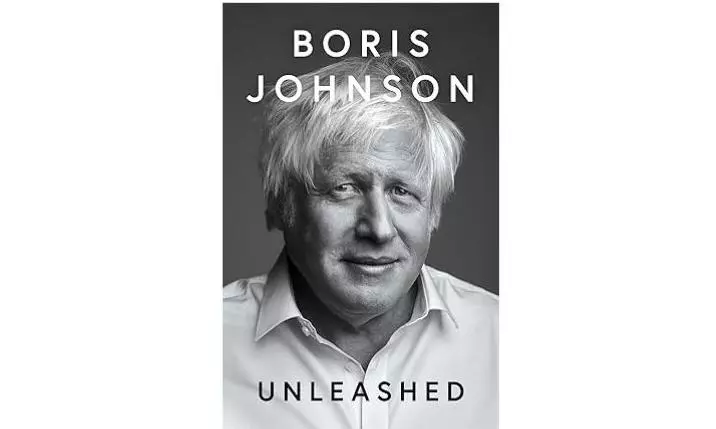Book Review | Boris cuts corners, omits facts
Since Unleashed bristles with petty triumphs despite its tone of petulant anger, it has been called ‘self-serving’

Two days before she died, Britain’s Queen Elizabeth II told Boris Johnson, who was holding forth on the difficulty of persuading India to take a tougher line with Russia over Ukraine, that Jawaharlal Nehru had told her in the 1950s “that India will always side with Russia, and that some things will never change.”
For Indian readers this is another reminder both of Nehru’s gratitude for Soviet help and — more to the point — his tremendous admiration for Moscow’s achievement in transforming a backward eastern autocracy into one of the world’s two industrialised superpowers. India’s first PM hoped that his country, too, would blaze a similar trail. Taking a very different view of Russians (“Never believe anything Moscow says until it has been officially denied”!) Johnson recounts the Ukraine anecdote only to illustrate the late Queen’s “amazing ability to reassure and to contextualise.”
Desperate for a tourist attraction in London’s post-Olympic Park, something “to make you say, cor, Doris, look at that”, he collared Lakshmi Mittal whom he spied washing his hands in the gents in Davos. The two men hadn’t met but knew each other by sight and it took resourceful Boris 45 seconds flat to wheedle a promise out of Mittal to provide the steel for the 376-ft ArcelorMittal Orbit with the world’s longest and tallest tunnel slide.
Since Unleashed bristles with such triumphs despite the tone of petulant anger, it has been called “self-serving”. The criticism recalls the story about Ronald Reagan saying when asked if it was all right for an actor to become US President, “show me one President who wasn’t!” Since memorialists address posterity, it’s hardly realistic to expect Johnson not to blow his own trumpet. But his version of Partygate or of Dominic Cummings’ activities in this first draft of history should be checked with other accounts and recollections.
Some obvious inaccuracies and infelicities may jar even on casual readers. Far from being a Beijing district, a hutong (not capital H) is an alley serving traditional courtyard homes that are back in fashion. The UK-India trade talks foundered on India’s demand for easier visas but there’s nary a word about that in four pages on the subject. Saying that John Kerry, the US secretary of state, is full of beans because Teresa Heinz is his “stonkingly rich wife” may be excused as a poor joke, but the condescending folksiness of “cor, Doris, look at that” is the larger-than-life Alexander Boris de Pfeffel Johnson, King's Scholar at Eton who read Classics at Balliol, playing down his Turkish roots and playing at being hoi-polloi. At 772 pages, the book is far too long for a prime ministership of just over three years.
Perhaps Johnson seeks another stint as leader of what he calls Global Britain. But far from being his own brilliant creation, Global Britain was what Pax Britannica was all about. In short, Johnson’s Tomorrow is the Yesterday that the writer Jan Morris evoked so movingly in her empire trilogy.
Unleashed
By Boris Johnson
Pan Macmillan
pp. 772; Rs 1,099
